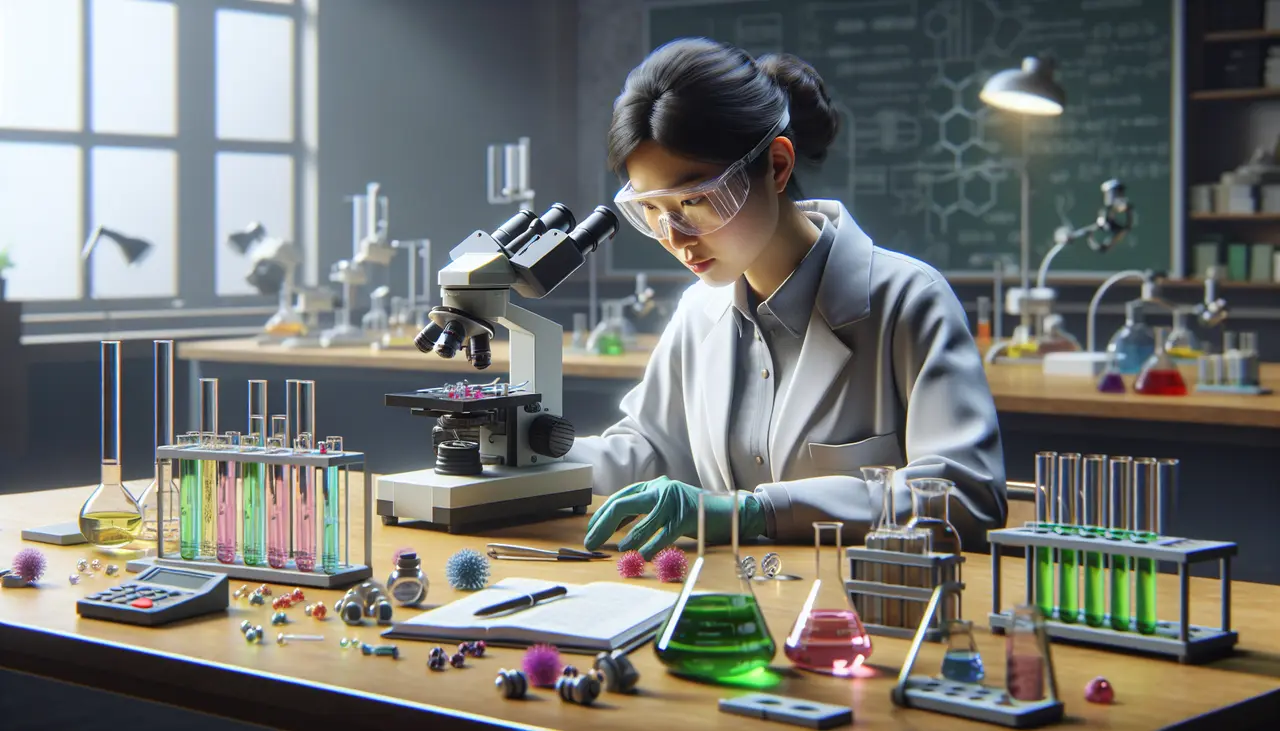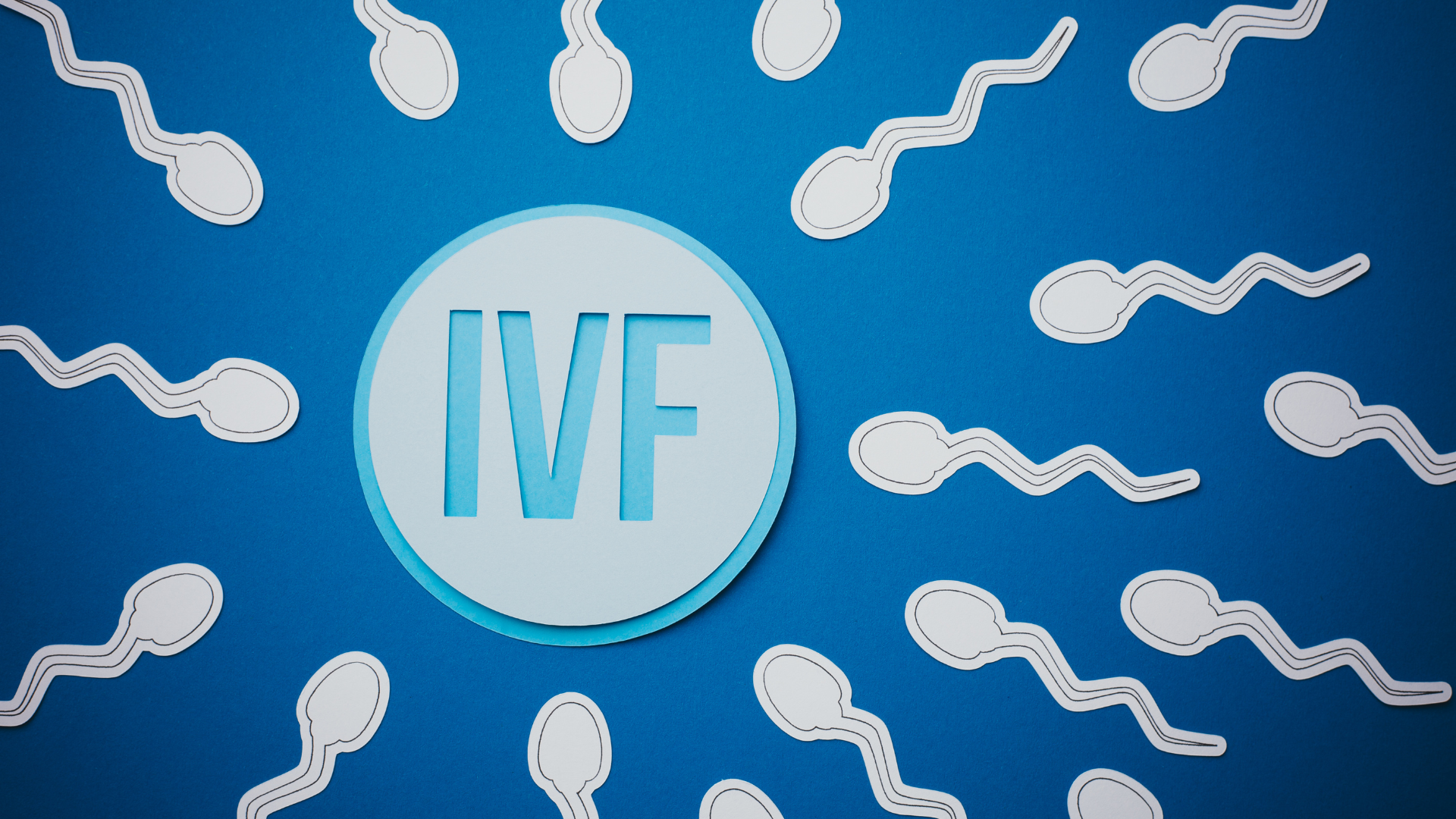Introduction
Hey there, CLS enthusiasts! Today, I want to talk about a group of professionals who are the backbone of modern medicine but often don’t get the spotlight they deserve—clinical laboratory scientists. As someone who’s spent years in the lab, I can tell you that our work is both fascinating and crucial to patient care. Yet, we’re often the unsung heroes behind the scenes. Let’s dive into why clinical laboratory scientists are indispensable and why it’s high time we got some recognition!
Section 1: The Role of Clinical Laboratory Scientists
Definition and Scope
So, what exactly does a clinical laboratory scientist do? In simple terms, we’re the folks who analyze patient samples—like blood, urine, and tissue—to help diagnose and monitor diseases. Our work covers a wide range of areas, including hematology, microbiology, immunology, biochemistry, and molecular diagnostics. Essentially, we provide the critical data that doctors rely on to make informed decisions about patient care.
Key Areas of Work
For instance, in hematology, we look at blood samples to diagnose conditions like anemia and leukemia. In microbiology, we identify infectious organisms causing illnesses. Immunology has us studying the body’s immune responses, while biochemistry involves analyzing chemical substances in the body. Molecular diagnostics, one of the most exciting fields, involves techniques like PCR to detect genetic disorders and infections.
Daily Operations
A typical day in the lab is a blend of routine and unexpected challenges. We start by processing incoming samples, running various tests, and ensuring all equipment is calibrated correctly. Each sample requires precision and attention to detail. For example, I remember a day when we received an urgent request to test a newborn’s blood for a rare metabolic disorder. The stakes were high, and our quick, accurate work helped the doctors start life-saving treatment almost immediately.
Section 2: Critical Contributions to Patient Care
Diagnostics and Early Detection
One of our most important roles is in diagnostics and early detection. We perform tests that can reveal conditions like diabetes, cancer, and heart disease long before symptoms appear. Early detection often means the difference between a manageable condition and a life-threatening one. I recall a case where a routine blood test I conducted uncovered early-stage leukemia in a patient who had no symptoms. Thanks to that early diagnosis, the patient started treatment immediately and had a much better prognosis.
Accuracy and Reliability
Accuracy and reliability are the cornerstones of our profession. Every test result must be precise because doctors base their treatment plans on our data. A single error can have serious consequences. I’ve lost count of how many times I’ve double-checked results to ensure everything is perfect. Our meticulous work ensures that patients receive the correct diagnosis and treatment.
Emergency and Critical Situations
In emergencies, our role becomes even more critical. Whether it’s a trauma patient needing a rapid blood type test or a suspected infection that requires immediate identification, we’re on the front lines, albeit behind the scenes. I remember working on a weekend when a patient came in with severe sepsis. We had to identify the causative bacteria and its antibiotic susceptibility quickly. Our rapid response helped the medical team administer the right treatment in time, saving the patient’s life.
Section 3: Supporting Medical Research and Advancements
Research Contributions
Clinical laboratory scientists don’t just support patient care; we’re also heavily involved in medical research. We assist in clinical trials, developing new diagnostic tests, and studying disease mechanisms. For example, during the development of a new cancer drug, our lab played a pivotal role in analyzing patient samples to monitor the drug’s effectiveness and side effects.
Innovation and Technology
We are at the forefront of adopting new technologies and innovations. From automated analyzers to next-generation sequencers, we’re constantly learning and integrating new tools to improve diagnostics. A few years back, we introduced a new molecular diagnostic technique in our lab. The learning curve was steep, but the improvement in our ability to diagnose genetic disorders was well worth the effort.
Section 4: Overcoming Challenges and Maintaining Excellence
Workload and Pressure
The workload in a clinical lab can be intense. We handle a high volume of tests daily, often under tight deadlines. Balancing speed and accuracy is a constant challenge. I remember one particularly hectic flu season when our lab was inundated with samples. Despite the pressure, we maintained our accuracy and ensured every patient received timely and reliable results.
Skill and Knowledge Requirements
Becoming a clinical laboratory scientist requires extensive education and continuous training. We need a strong foundation in biology, chemistry, and medical technology. Plus, we must stay updated with the latest advancements in our field. Continuous learning is part of the job, and while it’s demanding, it’s also incredibly rewarding. The thrill of mastering a new technique or piece of equipment never gets old.
Quality Control and Compliance
Ensuring quality control and compliance with regulatory standards is another crucial aspect of our work. We follow strict protocols to maintain the integrity of our tests and results. This involves regular calibration of equipment, running control tests, and adhering to best practices. It’s a meticulous process, but it ensures that we provide the highest quality of service.
Section 5: Why Clinical Laboratory Scientists Deserve More Recognition
Undervalued Contributions
Despite our critical role, clinical laboratory scientists are often undervalued. Many people, even within the healthcare system, don’t fully understand the extent of our contributions. This lack of recognition can impact morale and job satisfaction. We’re the hidden heroes, working behind the scenes to ensure patients get accurate diagnoses and effective treatments.
Raising Awareness
Raising awareness about our role is essential. Educating the public and other healthcare professionals can help bridge this gap. Success stories and testimonials from patients and doctors can highlight the impact of our work. For instance, after that newborn’s life-saving diagnosis I mentioned earlier, the grateful family made a point to thank our lab, shedding light on our crucial role in their child’s recovery.
Advocacy and Professional Development
Professional organizations and advocacy groups play a vital role in promoting our profession. They provide opportunities for professional development, networking, and recognition. Being involved in these groups can help us advocate for better recognition and support within the healthcare community.
Conclusion
In summary, clinical laboratory scientists are the hidden heroes of healthcare. Our work in diagnostics, patient care, and medical research is indispensable. Despite the challenges, we maintain high standards of accuracy and reliability, ensuring that patients receive the best possible care.
It’s time for greater recognition and appreciation for the contributions of clinical laboratory scientists. By raising awareness and advocating for our profession, we can ensure that our critical role is acknowledged and valued. So, next time you think about healthcare heroes, remember the dedicated scientists working tirelessly behind the scenes to make a difference in patient care.
Thank you for joining me in this exploration of the world of clinical laboratory science. Here’s to all the unsung heroes making a difference every day!


